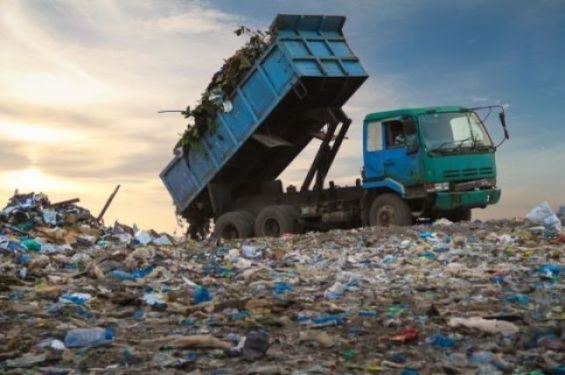Aziz Akhannouch's government recently decided to import over two million tons of household waste and rubber tires from European countries, sparking widespread controversy in Morocco. Activists have criticized this move, arguing that it turns the kingdom into a «dumping ground» for European waste.
In response to a parliamentary question, Minister of Energy Transition and Sustainable Development, Leila Benali, disclosed that Morocco plans to import approximately 980,000 tons of household waste from France, 31,000 tons from Spain, over one million tons from the United Kingdom, 60,000 tons from Sweden, and 100,000 tons from Norway. She stated that this operation is driven by «industrial objectives».
Local NGO the Environmental Assembly of Northern Morocco quickly condemned the decision, calling it «incompatible with the spirit of citizenship» and a violation of the Moroccan constitution, which guarantees citizens the right to a healthy environment. The group highlighted the harmful effects of this waste on the environment and public health, including air pollution, toxic gas emissions, and the exacerbation of climate change. They also pointed out that Morocco's capacity for recycling household waste is limited, managing to process only 10 percent of its domestic waste.
The controversy escalated to the Moroccan Parliament, where the Popular Movement party group in the House of Representatives demanded an explanation from the Minister of Energy Transition and Sustainable Development. Driss Sentissi, the group's leader, questioned the economic justification for importing such large quantities of waste and emphasized the potential environmental and health risks.
Italian waste imports
This incident has drawn parallels to a similar controversy in 2016 when Hakima El Haite, the former Environment Minister under Benkirane's administration, faced backlash for importing tons of Italian waste. The outcry led to calls for her resignation and a temporary halt to waste imports pending further investigation.
In 2016, the National Rally of Independents (RNI) advocated for an immediate stop to waste imports from Italy, citing the need to protect public health and the environment, which they deemed Morocco's greatest assets. The Socialist Union of Popular Forces (USFP) also proposed legislation to ban the import and transit of all types of waste through Moroccan territory.
According to Law No. 008-28, published in the Official Bulletin on August 30, 2012, the import of hazardous waste is prohibited, although the administration may authorize imports from free export zones. Furthermore, the Basel Convention on the Control of Transboundary Movements of Hazardous Wastes and Their Disposal, usually known as the Basel Convention, signed in 1989, restricts the movement of hazardous wastes between countries, particularly to prevent the transfer of such waste from developed to less developed nations.





 chargement...
chargement...













